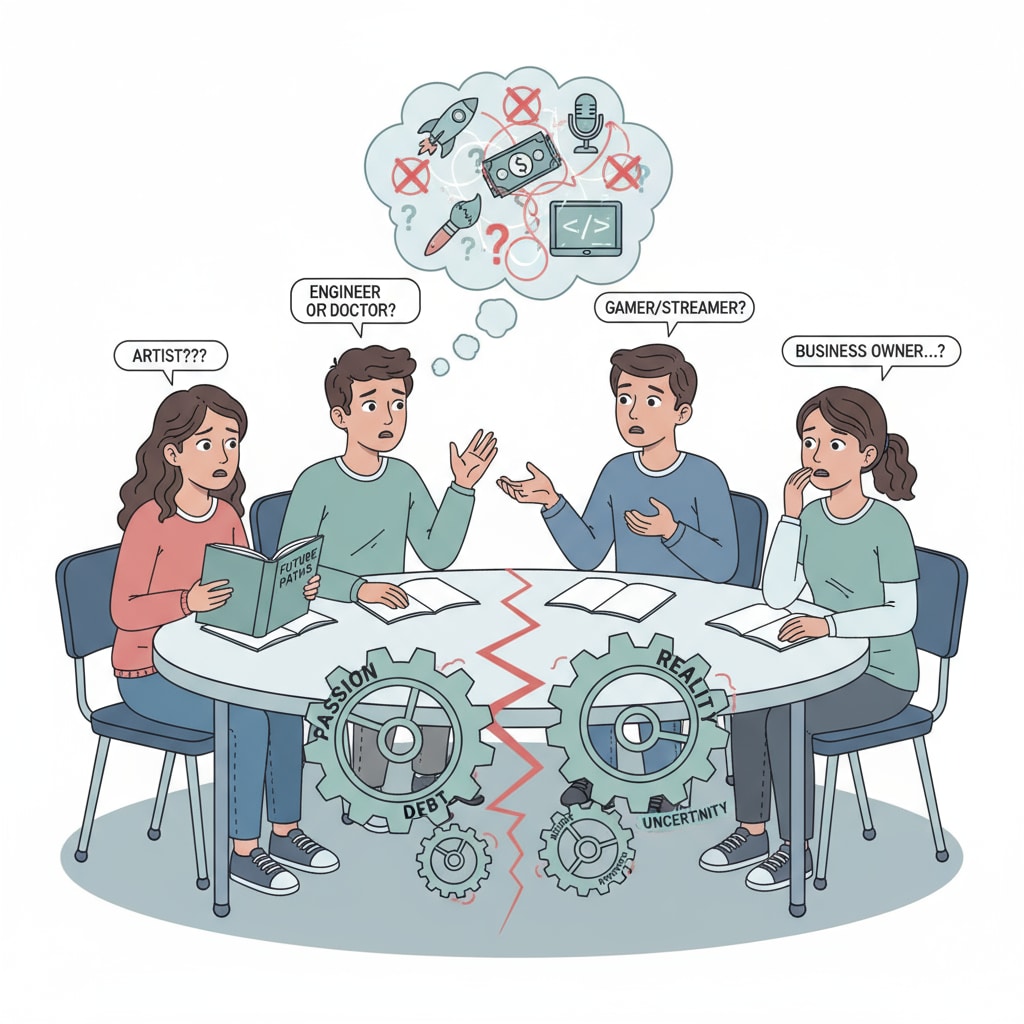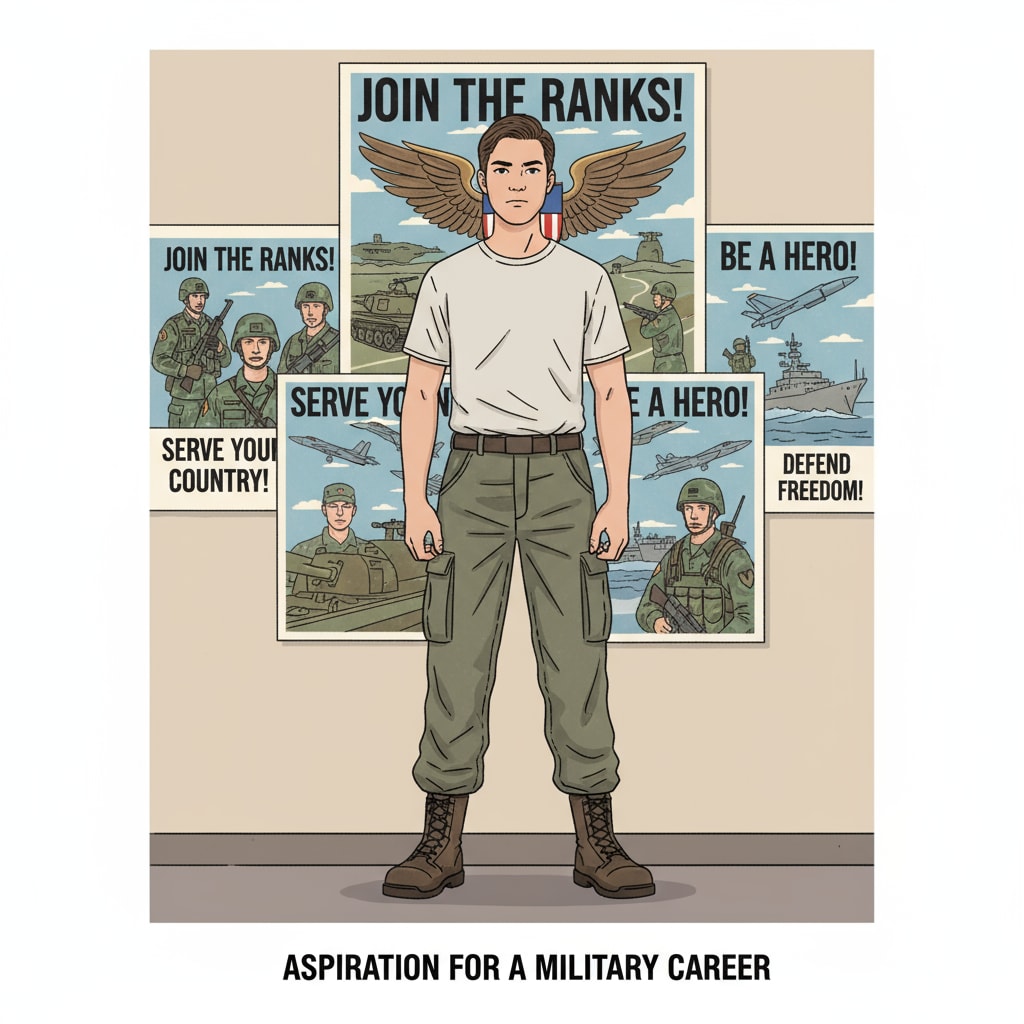In the journey of life, the topic of career choices, parental pressure, and military careers often stirs up a storm of emotions and dilemmas for teenagers. As they navigate through the K12 education phase, adolescents frequently encounter a clash between their own aspirations and the expectations of their parents. This conflict can be particularly pronounced when it comes to the idea of a military career.

The Clash of Desires
The battle between a teen’s personal career desires and parental pressure is a common scenario. Parents, driven by various factors, may have a set vision for their child’s future. For example, they might see stability and prestige in certain professions like medicine or law. On the other hand, some teenagers are drawn to the unique challenges and sense of purpose that a military career offers. A study by American Psychological Association on Adolescent Development shows that during this stage, teens are forming their identities and are more likely to be passionate about careers that align with their newfound values. However, parental expectations can sometimes overshadow these personal inclinations.

Reasons Behind the Disparity
There are several reasons why parents’ expectations and their children’s career goals diverge. Firstly, parents often base their ideas on their own life experiences. They may have faced hardships in their careers and want to shield their children from similar struggles. Secondly, societal perceptions play a role. Certain careers are widely regarded as more “successful” or “respectable.” Additionally, family traditions can influence parents’ thinking. If the family has a history in a particular field, they may expect the child to follow suit. As a result, a teen’s dream of a military career might be sidelined.
To overcome this conflict, establishing healthy communication is crucial. Parents and teens need to sit down and have open conversations. Teens should express their genuine interests and the reasons behind their career choices. At the same time, parents should listen without judgment and share their concerns in a respectful manner. Seeking professional support can also be beneficial. Career counselors can provide objective advice and help both parties understand the pros and cons of different career paths. Moreover, teenagers should work on developing their independent decision-making skills. This doesn’t mean ignoring parental input but rather weighing all factors and making a choice that feels right for them.
Readability guidance: Throughout the article, short paragraphs and lists are used to summarize key points. Each H2 section contains relevant information presented in a clear way. The use of passive语态 is minimized, and transition words are scattered to enhance the flow of the text.


